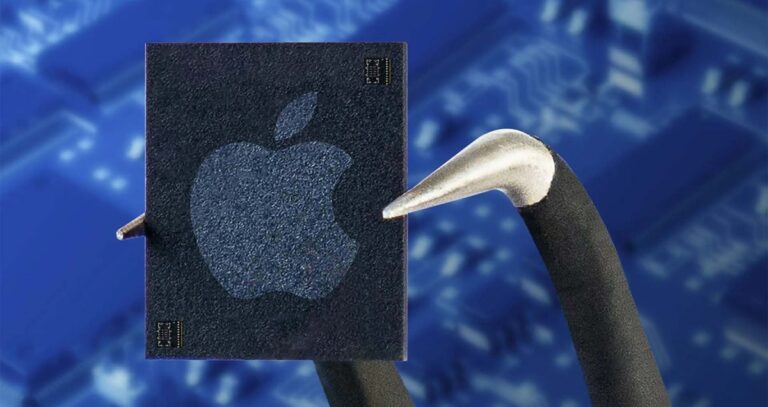Apple is gearing up to launch its iPhone 16 series next month, expected to be on September 10, but the company may unveil the new product earlier. It was previously reported that the company is developing a custom modem for future iPhone models, but it is not expected to be featured in the upcoming models. However, the new modem will likely determine the look of iPhone models in the long run.
Apple’s custom modems will redefine how iPhones work and look in the long term.
Apple has spent billions of dollars on research and development into custom modems, but it will take time for them to compete head-to-head with modems supplied by Qualcomm. This means that Apple’s modem performance will gradually catch up with the current versions, according to a new report from Bloomberg’s Mark Gurman. In his new Power On newsletter, he writes that the modem transition, unlike Apple Silicon, won’t bring significant benefits to end users.
An Apple employee recently admitted that “customers don’t really care who makes the modems in their phones,” and it’s unclear how big the benefits will be in the short term, but Apple will likely continue to forge ahead with its plans to improve performance, which will determine how the iPhone works and looks in the long term.
In the future, Apple plans to incorporate the modem design into a new wireless chip that handles Wi-Fi and Bluetooth access, creating a single connectivity component that could improve reliability and battery life.
It’s also possible that Apple could integrate all of this into the device’s main system-on-chip (SoC) in the future, further reducing costs, saving space inside the iPhone, and opening up more design options.
Gurman has been very vocal about Apple’s modems, and it makes sense for the company to consolidate everything onto a single SoC, as they have done in the past, and while there may be some initial criticism, over time the technology will improve and provide cost benefits to both the company and end users.

Currently, Qualcomm-supplied modems are quite expensive for Apple, but the company plans to continue integrating them until it comes up with its own solution. Apple’s modems have faced performance and overheating issues, which has delayed their release, but previous reports have suggested that custom versions are expected to arrive next year to coincide with the launch of the iPhone SE 4 and iPhone 17 series.
Products mentioned in this post


